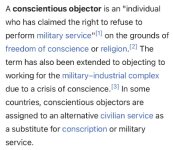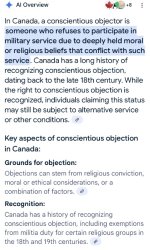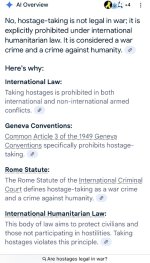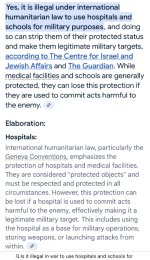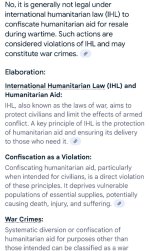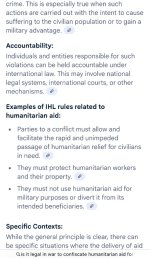How optimistic.
The Geneva Conventions and related international humanitarian law address mass movements of civilians during armed conflict, particularly focusing on the prohibition of forced transfers and deportations, and outlining conditions for permissible evacuations.
Key points regarding mass movement of civilians under international law:
Forced Transfers and Deportations are
Prohibited:
The Fourth Geneva Convention (Article 49) explicitly prohibits the forcible transfer or deportation of protected persons (civilians) from occupied territory, regardless of the motive, according to the International Committee of the Red Cross (ICRC).
Exceptions for Evacuations:
While forced transfers are generally forbidden, the Geneva Conventions allow for the evacuation of civilians under specific, limited circumstances.
Imperative Military Reasons:
Evacuations are permitted when dictated by "imperative military reasons" or if the safety of the civilian population requires it according to The Practical Guide to Humanitarian Law.
Conditions for Permissible Evacuations:
Any evacuation must be temporary, and the population must be returned as soon as hostilities cease in the area.
Obligation to Facilitate Return:
Parties to a conflict are obligated to ensure the safe and dignified return of civilians to their homes as soon as possible after the situation allows.
Individual vs. Collective Responsibility:
The Geneva Conventions emphasize individual responsibility for violations of international law, and collective punishment (punishing an entire group for the actions of a few) is prohibited.
Consequences of Violations:
Forcible transfer or deportation is considered a grave breach of the Geneva Conventions, meaning that individuals alleged to have committed such acts are subject to prosecution.
Grave Breaches:
Grave breaches of the Geneva Conventions include, but are not limited to, wilful killing, torture or inhuman treatment, including biological experiments, wilfully causing great suffering or serious injury to body or health, unlawful deportation or transfer or unlawful confinement of a protected person, compelling a protected person to serve in the forces of a hostile Power, or wilfully depriving a protected person of the rights of fair and regular trial.

 youtube.com
youtube.com


